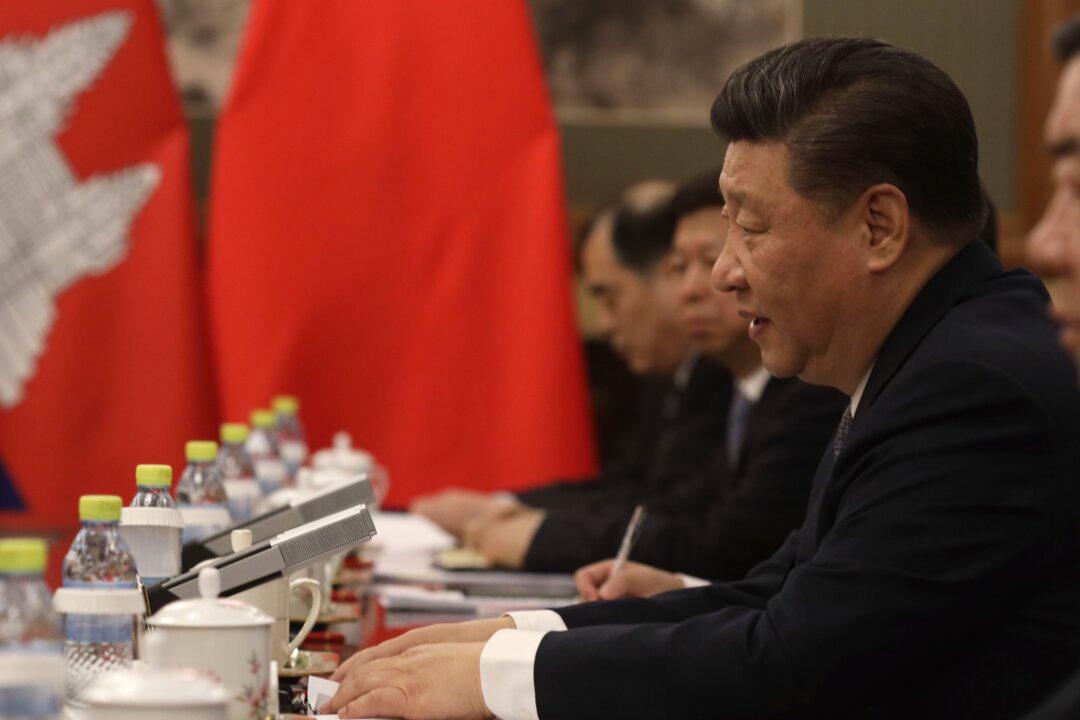The United States has ordered an arms embargo on Cambodia, citing concerns over the Chinese Communist Party’s (CCP) military presence and other activities in the country.
The added restrictions on the exports and imports of defense-related goods and services, issued by the Department of State, are scheduled to be published and take effect on Thursday.




